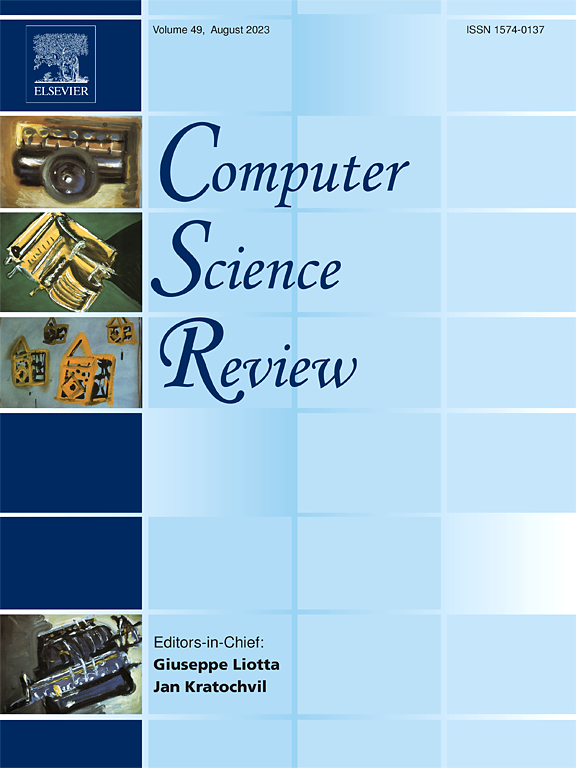The Beauty and the Beast: A survey on process algebras and cybersecurity
IF 13.3
1区 计算机科学
Q1 COMPUTER SCIENCE, INFORMATION SYSTEMS
引用次数: 0
Abstract
Process algebras (PAs) provide the mathematical foundation for several verification techniques and have profoundly influenced many areas of computer science. One of the main reasons for their success is their compact yet expressive and flexible syntax, which allows for the modeling of the relevant aspects of computation while abstracting away the irrelevant ones. Cybersecurity is no exception, and most authors acknowledge the importance of PAs in this field. However, estimating the impact of PAs is not trivial.
In this survey, we consider lines of research that employ PAs to address security problems. Our systematization of knowledge aims to assess and measure the impact of PAs. To achieve this goal, we start by briefly reviewing the evolution of PAs. Then, we analyze the literature by mapping each contribution to three cybersecurity sub-fields: secure development, attack modeling, and vulnerability assessment. Our methodology follows the chronological development of process algebras and identifies the emerging features specifically introduced for dealing with security problems. Although our analysis confirms that PAs have been greatly influential in general, it provides a fine-grained understanding of how PAs have shaped research in cybersecurity. Interestingly, our work highlights that some application areas remain underexplored, thus providing the research community with valuable insights on future directions.
美女与野兽:过程代数与网络安全的调查
过程代数(pa)为几种验证技术提供了数学基础,并深刻影响了计算机科学的许多领域。它们成功的主要原因之一是它们紧凑而富有表现力和灵活的语法,它允许对计算的相关方面进行建模,同时抽象掉不相关的方面。网络安全也不例外,大多数作者都承认pa在这一领域的重要性。然而,估计pa的影响并非微不足道。在本调查中,我们考虑使用pa来解决安全问题的研究线。我们对知识的系统化旨在评估和衡量pa的影响。为了实现这一目标,我们首先简要回顾一下pa的发展。然后,我们通过将每个贡献映射到三个网络安全子领域来分析文献:安全开发,攻击建模和漏洞评估。我们的方法遵循过程代数的时间顺序发展,并确定了专门为处理安全问题而引入的新特性。虽然我们的分析证实了pa总体上具有很大的影响力,但它提供了对pa如何影响网络安全研究的细粒度理解。有趣的是,我们的工作强调了一些应用领域仍未得到充分探索,从而为研究界提供了对未来方向的宝贵见解。
本文章由计算机程序翻译,如有差异,请以英文原文为准。
求助全文
约1分钟内获得全文
求助全文
来源期刊

Computer Science Review
Computer Science-General Computer Science
CiteScore
32.70
自引率
0.00%
发文量
26
审稿时长
51 days
期刊介绍:
Computer Science Review, a publication dedicated to research surveys and expository overviews of open problems in computer science, targets a broad audience within the field seeking comprehensive insights into the latest developments. The journal welcomes articles from various fields as long as their content impacts the advancement of computer science. In particular, articles that review the application of well-known Computer Science methods to other areas are in scope only if these articles advance the fundamental understanding of those methods.
 求助内容:
求助内容: 应助结果提醒方式:
应助结果提醒方式:


